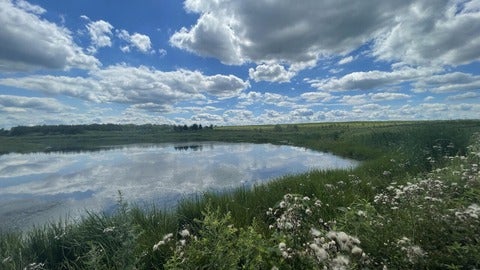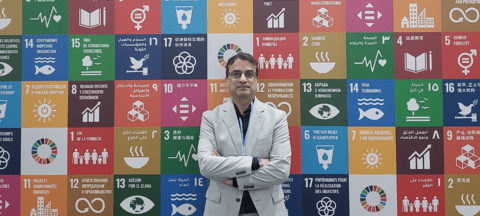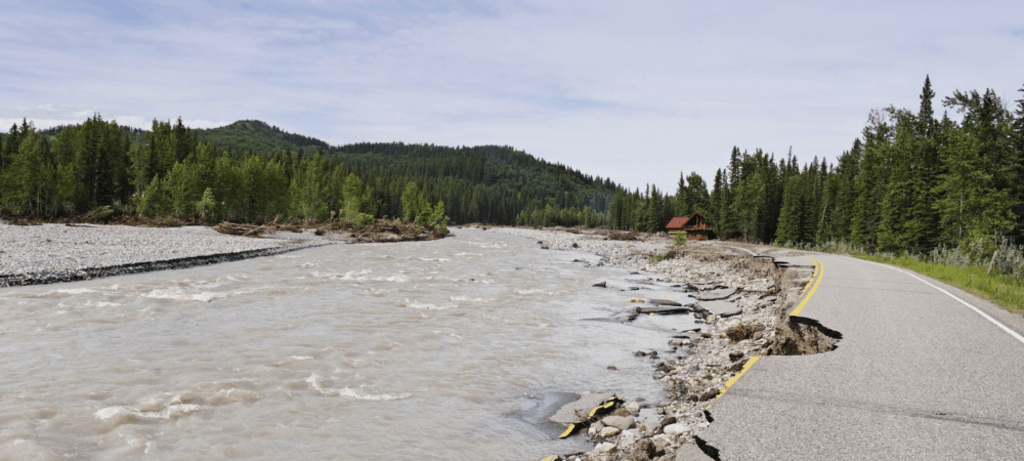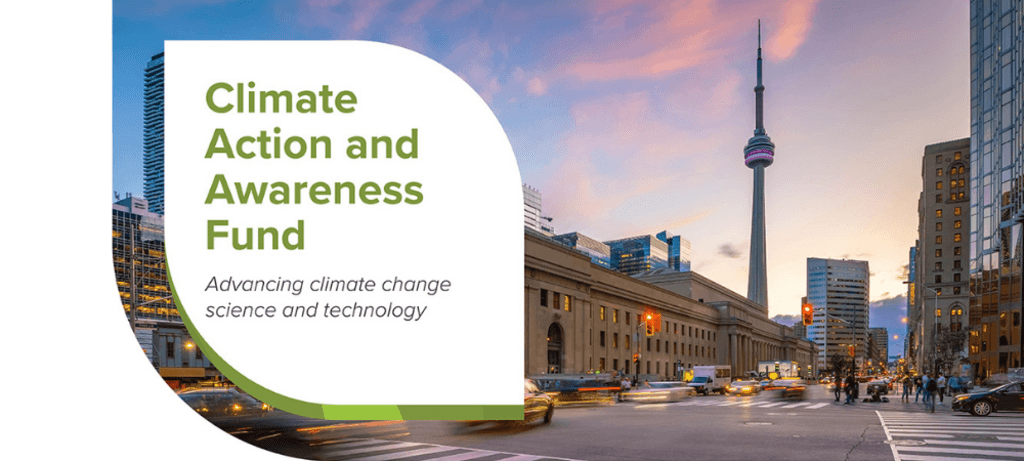Canada’s first zero-carbon, net-positive energy building is on track to propel Ontario’s energy transition
In the first case study of its kind in Canada, researchers from the University of Waterloo, including Waterloo Climate Institute member Paul Parker, analyze data-driven improvements in Canada’s first zero-carbon, net-positive energy building showing how they play a vital role in that building generating more energy than it consumes.









